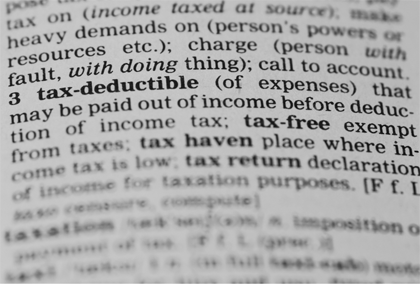Almost everyone needs life insurance. But you may wonder if you should get private insurance, insurance through your job, or both. How can you decide which option is right for you?
Should You Get Life Insurance Privately or Through Your Employer?
Whether you should get life insurance privately or through your employer depends on several factors, including the available choices, how much coverage you need, and how many family members need coverage. Compare the coverage offered, check the prices, and weigh the pros and cons. We will explain other factors to consider.
Life Insurance Through Your Job vs. Private Insurance
Life insurance through your job has pros and cons. But so does private insurance. So let’s review the differences.
Life Insurance Through Your Job
If you are thinking about getting life insurance through your job, some factors to consider include:
Price
Many employers offer free, basic life insurance or low premiums at group rates. And you may be able to buy additional insurance at affordable prices. The options can make life insurance affordable for you.
Coverage amount
Employer-sponsored life insurance may limit the amount of coverage you can buy—sometimes four to six times your salary. But the maximum coverage may not provide for your surviving dependents long enough. So consider if the total amount of coverage available will last to support these expenses:
- Mortgage
- Outstanding debt
- Education
- Medical expenses
- Everyday living expenses
Visit the National Association of Insurance Commissioners’ website for a list of questions to ask yourself and determine how much insurance you need. Also, read our post, How Much Life Insurance Do I Need?
If you change employers
If you change employers or lose your job, it will affect your life insurance coverage. Although some employers offer continued coverage after you leave the business, your premiums will likely increase. And due to changing economics, your employer may decide to stop offering life insurance to employees or to increase premiums drastically.
Changes in your health
Declining health may prevent you from working. And if you lose your job, you may lose your life insurance. You can review plan details to determine how your insurance will be affected if you are sick and cannot work.
Coverage for your spouse or children
If you need a life insurance policy for your spouse or children, employer-sponsored insurance may not offer it. Or the coverage amount may be limited. Still, it may be less expensive for you to take advantage of life insurance through your job and get private policies for the rest of your family.
Private Life Insurance
You can get private life insurance regardless of your employer. Although some occupations are more dangerous than others and incur higher premiums, you still can find personal coverage. Consider the facts.
Price
Although the cost of employer-sponsored life insurance is often less expensive than private insurance, you may not be able to get the type of insurance you need. However, some private term-life insurance policies are just as affordable as getting insurance through your job.
Coverage amount
Most insurance companies will allow you to get a policy for up to 25 times your annual income. Having one policy for all the coverage you need may be the most cost-effective option in the long term. A Bureau of Labor Statistics study published by LIMRA comments on households that depend on two incomes but only have employer-sponsored coverage. The study notes that “42% of families would face financial hardship within six months, and a quarter would suffer financially within a month.”
If you change employers
You will not lose your private life insurance solely because you lose your job. If you keep your premiums current, your coverage will continue.
Changes in your health
If your health declines and you cannot work, you can keep your private life insurance coverage if you pay your premiums.
Coverage for your spouse or children
Private life insurance offers coverage for the entire family. And you can consider a joint policy for you and your spouse. In addition, riders (add-ons) allow you to get basic coverage for children.
Questions About Life Insurance?
If you have questions about employer-sponsored vs. private insurance or would like to compare your options, an experienced life insurance agent can help. In North Carolina, contact John Hunt, a Raleigh life insurance agent.










